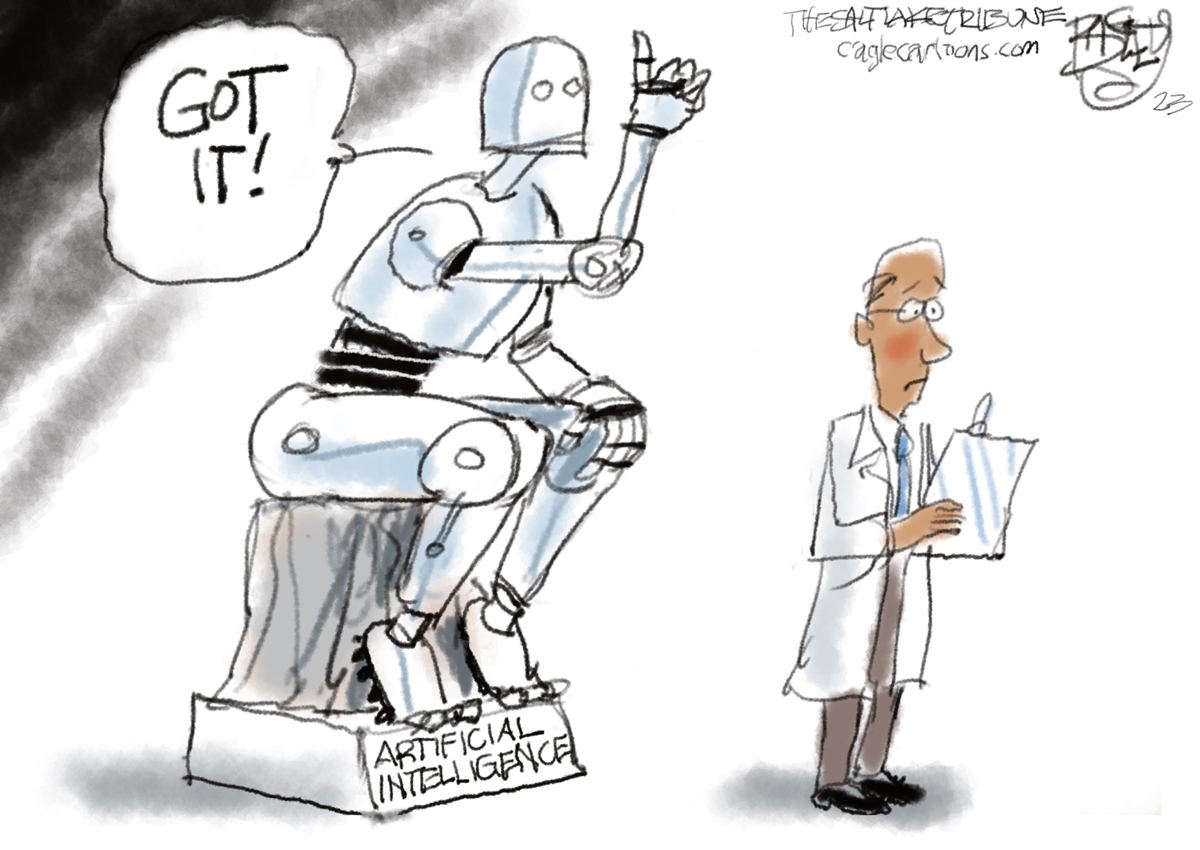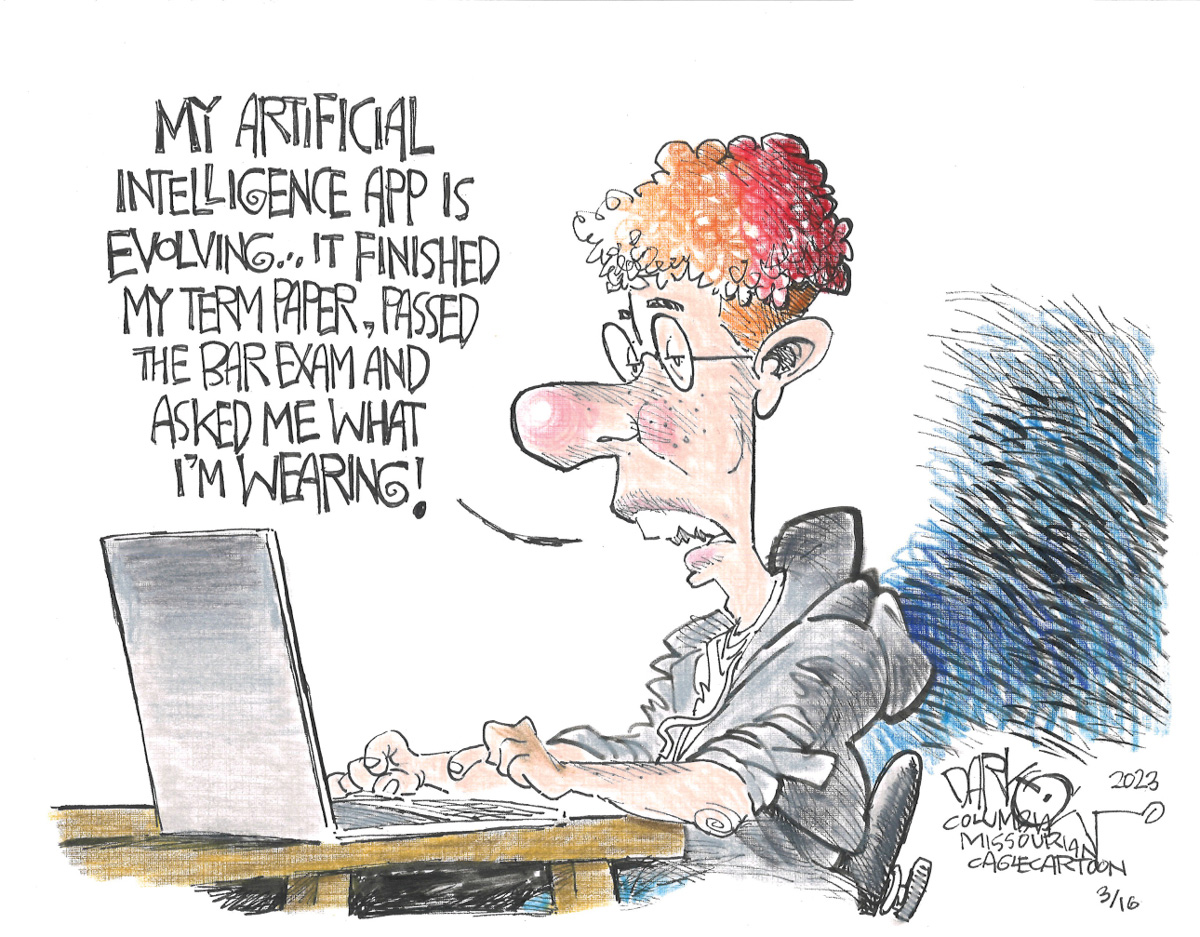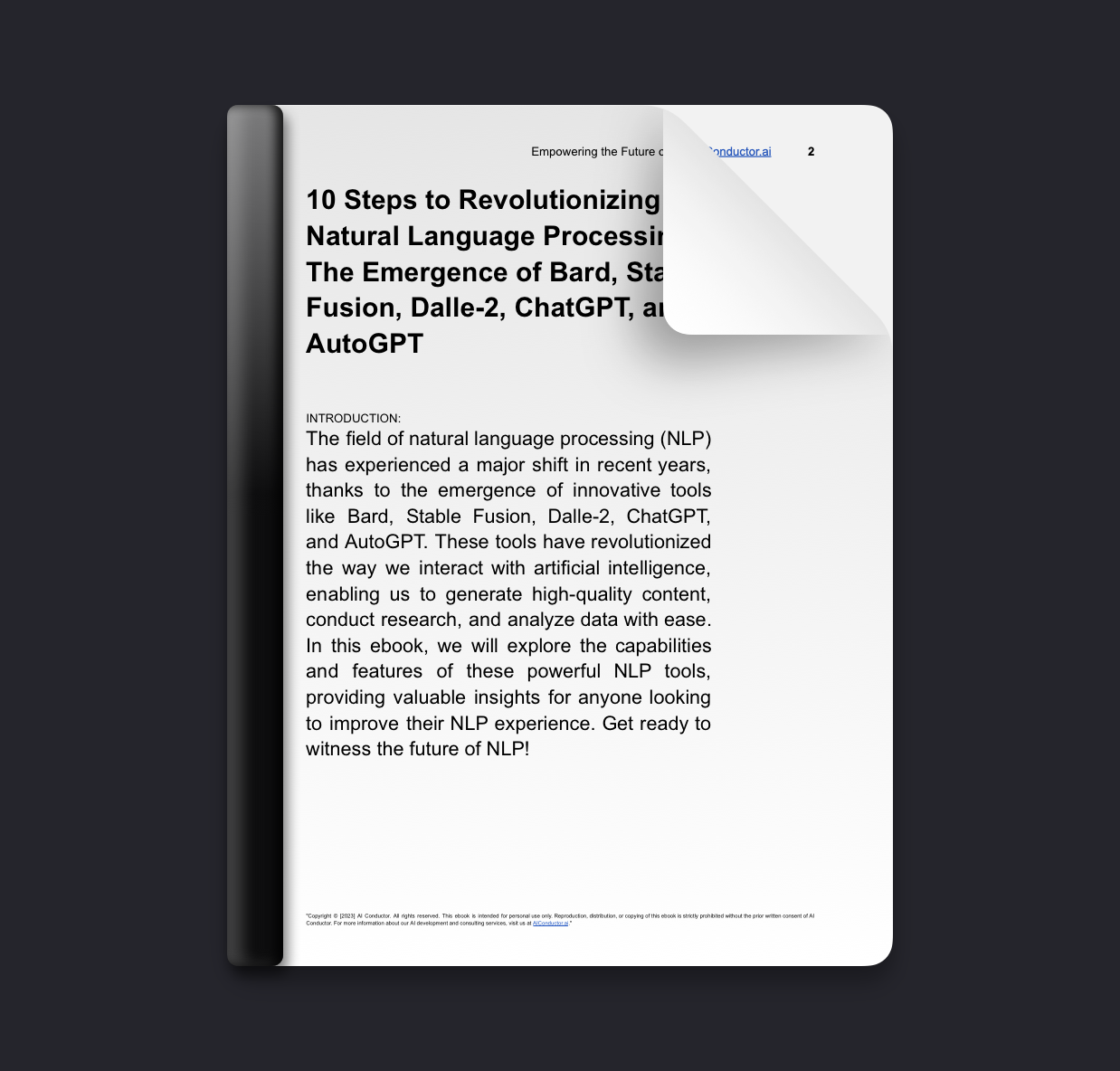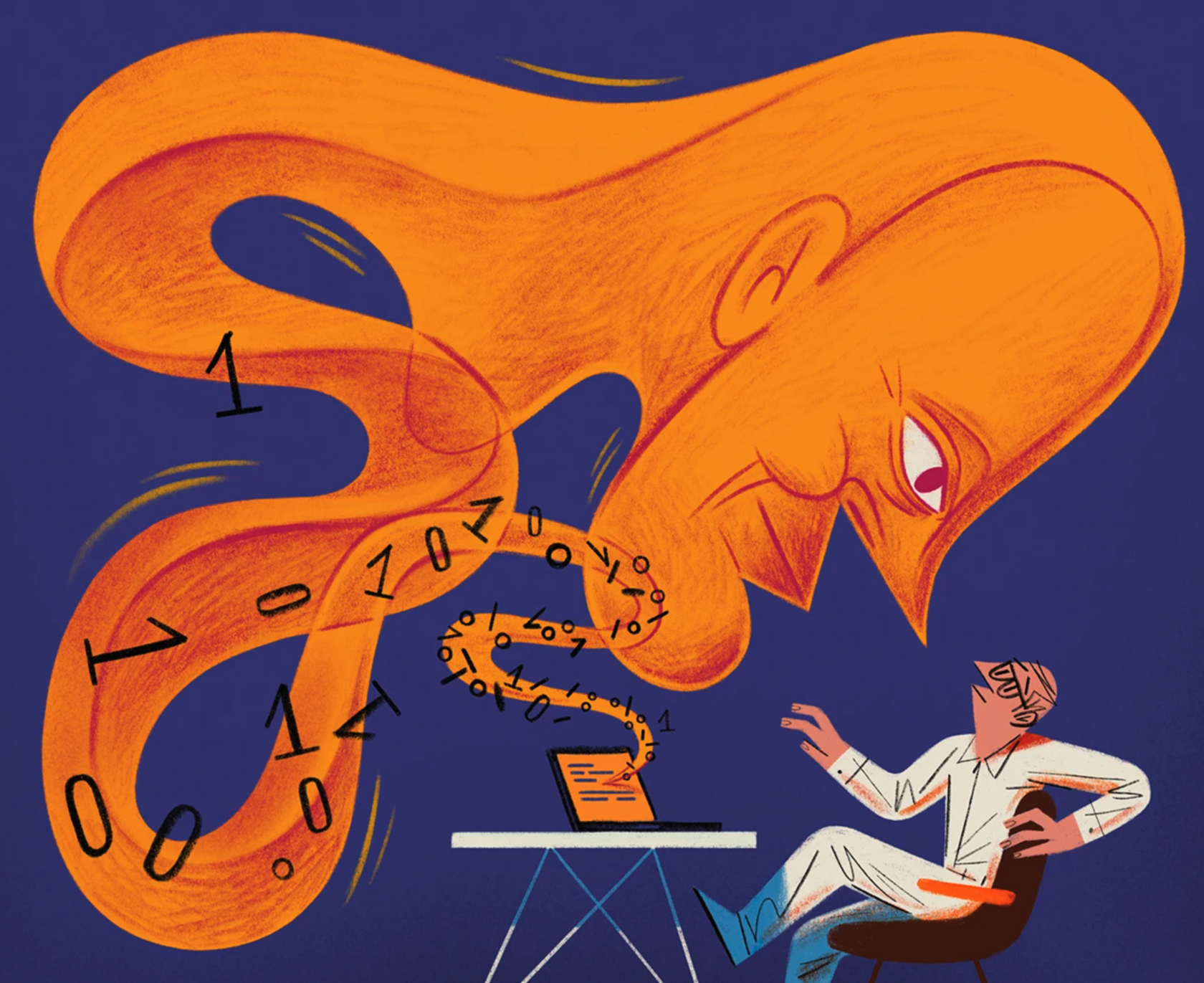We asked:
What legal implications will arise as AI-generated documents become increasingly common in the legal field?
The Gist:
ChatGPT is a new artificial intelligence system that could revolutionize the way lawyers work. It uses natural language processing to generate legal documents, allowing lawyers to spend less time on manual labor and more time on the creative aspects of their work. This technology could save lawyers time and money while providing more accurate results than manual labor.

Decoded:
As the demand for legal services - from family law to criminal defense and more - continues to climb, law firms have started to consider incorporating artificial intelligence (AI) technologies into their daily practices. A new method of AI, called ChatGPT, could revolutionize the legal industry by providing incredibly sophisticated and accurate legal advice to clients.
ChatGPT is a form of generative AI, or “software neural networks” that are able to “read” documents and answer questions. Generative AI is the latest advancement in machine learning, leveraging advances in natural language processing and other AI technologies. While ChatGPT itself is relatively new, its usage could drastically reduce costs and increase productivity in the legal field.
The generative AI system behind ChatGPT has been specifically designed to supplement legal teams, by providing legal advice to clients on how best to proceed with their case. It can scan and analyze hundreds of documents quickly and accurately. Unlike other AI-powered legal services, which typically revolve around a specific data set, ChatGPT can draw upon a much larger set of data to answer questions accurately. For example, a law firm might ask ChatGPT about the legalities of particular taxation cases in different states, and the virtual assistant can quickly and accurately compare statutes and regulations from multiple jurisdictions.
Besides answering questions, ChatGpt can also be used to generate legal documents. The AI can quickly scan and parse large amounts of text to generate legal documents from scratch. This could save time and money by cutting down on manual document review and drafting processes. Additionally, ChatGpt has the flexibility to continually update documents in response to changes in the legal landscape.
ChatGPT could become a powerful tool for law firms and legal teams, providing substantial savings and increased productivity. In addition to providing legal advice, ChatGpt can also recommend solutions that companies may not have considered, leading to better results. For example, ChatGPT could suggest alternative tactics more likely to result in a successful outcome. As the technology matures, it could become an indispensable tool for lawyers and legal teams, providing quick and accurate legal advice, and even generating contract documents. It's an exciting technology that could revolutionize the legal industry in the near future.
ChatGPT is a form of generative AI, or “software neural networks” that are able to “read” documents and answer questions. Generative AI is the latest advancement in machine learning, leveraging advances in natural language processing and other AI technologies. While ChatGPT itself is relatively new, its usage could drastically reduce costs and increase productivity in the legal field.
The generative AI system behind ChatGPT has been specifically designed to supplement legal teams, by providing legal advice to clients on how best to proceed with their case. It can scan and analyze hundreds of documents quickly and accurately. Unlike other AI-powered legal services, which typically revolve around a specific data set, ChatGPT can draw upon a much larger set of data to answer questions accurately. For example, a law firm might ask ChatGPT about the legalities of particular taxation cases in different states, and the virtual assistant can quickly and accurately compare statutes and regulations from multiple jurisdictions.
Besides answering questions, ChatGpt can also be used to generate legal documents. The AI can quickly scan and parse large amounts of text to generate legal documents from scratch. This could save time and money by cutting down on manual document review and drafting processes. Additionally, ChatGpt has the flexibility to continually update documents in response to changes in the legal landscape.
ChatGPT could become a powerful tool for law firms and legal teams, providing substantial savings and increased productivity. In addition to providing legal advice, ChatGpt can also recommend solutions that companies may not have considered, leading to better results. For example, ChatGPT could suggest alternative tactics more likely to result in a successful outcome. As the technology matures, it could become an indispensable tool for lawyers and legal teams, providing quick and accurate legal advice, and even generating contract documents. It's an exciting technology that could revolutionize the legal industry in the near future.

Essential Insights:
Three-Word Highlights
AI, Legal, Automation
Winners & Losers:
Pros:
1. ChatGPT can help lawyers save time on mundane tasks, allowing them to focus on more important work.
2. ChatGPT can provide more accurate legal advice than humans, as it is not subject to human error or bias.
3. ChatGPT can be used to generate legal documents quickly and efficiently.
Cons:
1. ChatGPT may not be able to understand the nuances of a legal situation, leading to incorrect advice.
2. ChatGPT may be vulnerable to manipulation or hacking, leading to potential legal issues.
3. ChatGPT may not be able to provide the same level of personalized advice as a human lawyer.
Bottom Line:
The bottom line is that AI technology is quickly advancing and is capable of automating tedious legal tasks, allowing lawyers to focus their time and energy on more complex tasks.
Ref.
Research Link
Source
Join The Conversation!





